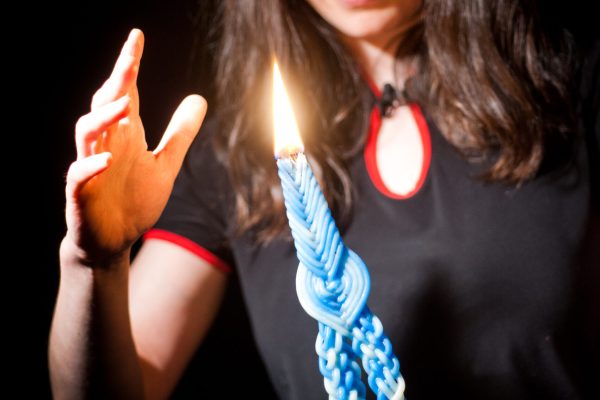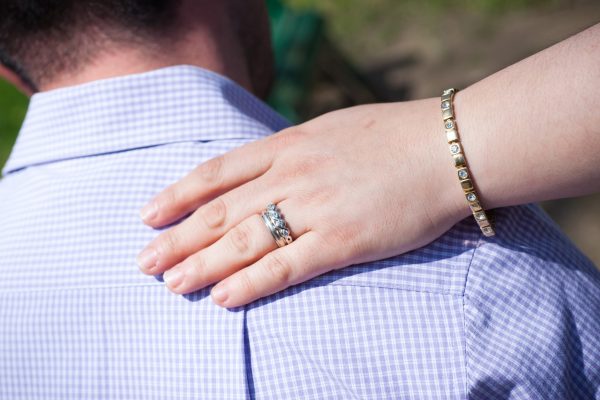The following can be used to frame the first Havdalah service following the US Supreme Court’s decision in Dobbs v. Jackson Women’s Health Organization, the case regarding Mississippi’s 15 week abortion ban. Use this as a space for your community to mourn, to sing, to pray, to connect, to unite, to separate from what we knew to what we know. We hope this allows you to make space for all who are already impacted, and now will be, by this decision. Scroll down to download the PDF of the full ritual text.
This week, we are marking a very significant separation: the separation from one way of being with abortion access in this country—for nearly fifty years—and another. Separation between a country where abortion was the legal law of this land to a country where this is no longer so. But unlike the traditional Havdalah ceremony, which marks all distinctions as valuable—the sacred and the mundane, the seventh day and the other six, Jews and all the other communities of the world—here, we know that this time into which we are crossing is not as worthy of divine praise as the time we are leaving behind. As a result of the Supreme Court’s decision, more people will be harmed, with disastrous effects on their autonomy, dignity, safety, health, and lives. And abortion bans in the United States intensify every structural inequality that exists in this country. They disproportionately harm those struggling to make ends meet, BIPOC (Black, Indigenous, and people of color) communities, immigrants, young people, disabled people, individuals in rural communities, trans men and some non binary people. Those denied abortion care are more likely to wind up in poverty or trapped in abusive relationships as a result of denied care. This is our pain, the national shame, and a new kind of responsibility that we carry into this new week.
But we can mark as holy our ways of being in the world—our obligations to show up for those most impacted by this decision have changed, and our actions now for a more just world will be different. And they will be holy—just as our work to care for each other was and still is holy.
There is work to be done. These times—this new, terrible era—will demand much of us. Shabbat will become more important than ever, as we need to rest and refuel in order to stay in this work for the long haul.
Traditionally, we mark the end of Havdalah with a prayer for Elijah Ha’Navi—our hope for redemption. In this Havdalah we will also call upon Miriam Ha’Niviah—that she may lead us, without delay, to the waters of help and healing.
This is really a chance to call upon the Elijah and Miriam inside each of us—the prophetic, courageous voices inside each of us that demand we bring forth a better world.
As we separate between Shabbat and the week that lies ahead, we pray for the redemptive strength we need to keep going.
To learn more about what you can do in this moment, visit https://www.jewsforabortionaccess.org.











